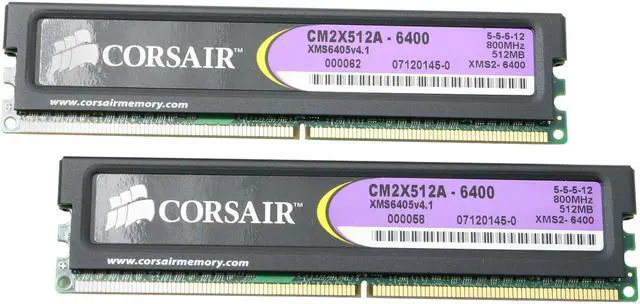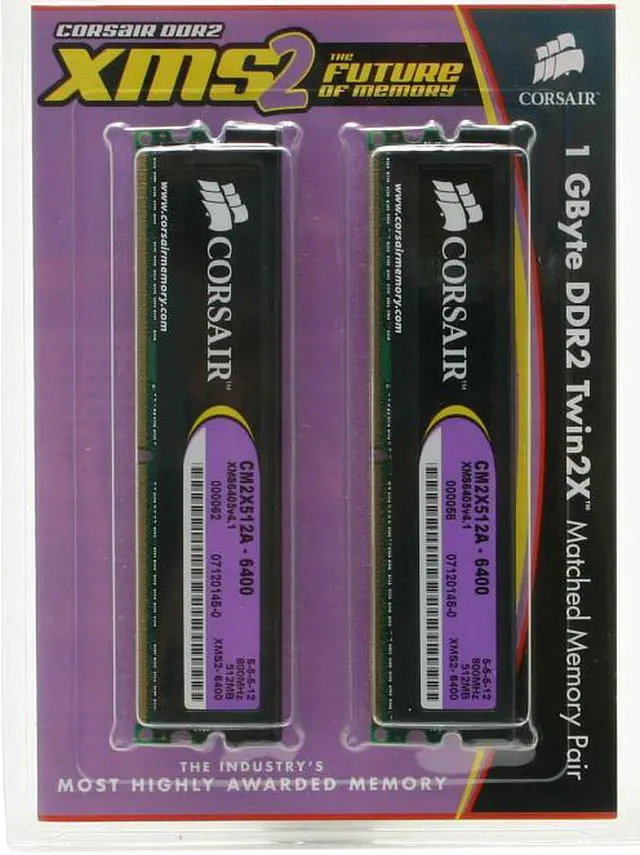Your Browsing History


Any questions? Our AI beta will help you find out quickly.
Corsair Memory is specifically designed for rock-solid stability in demanding applications. Data lines are carefully engineered for noise immunity, clock lines are optimized for minimum skew. All modules use JEDEC-compliant six-layer.